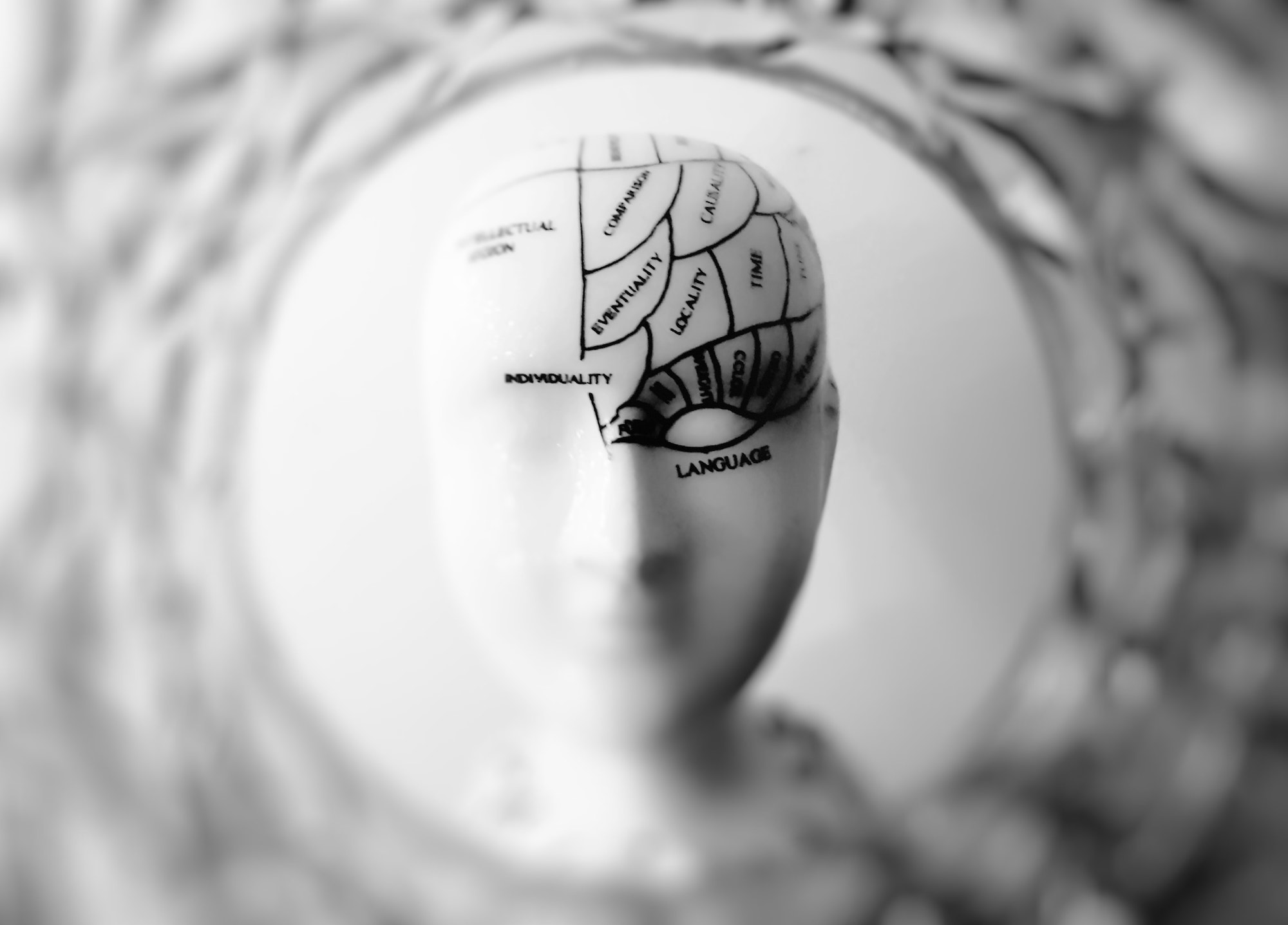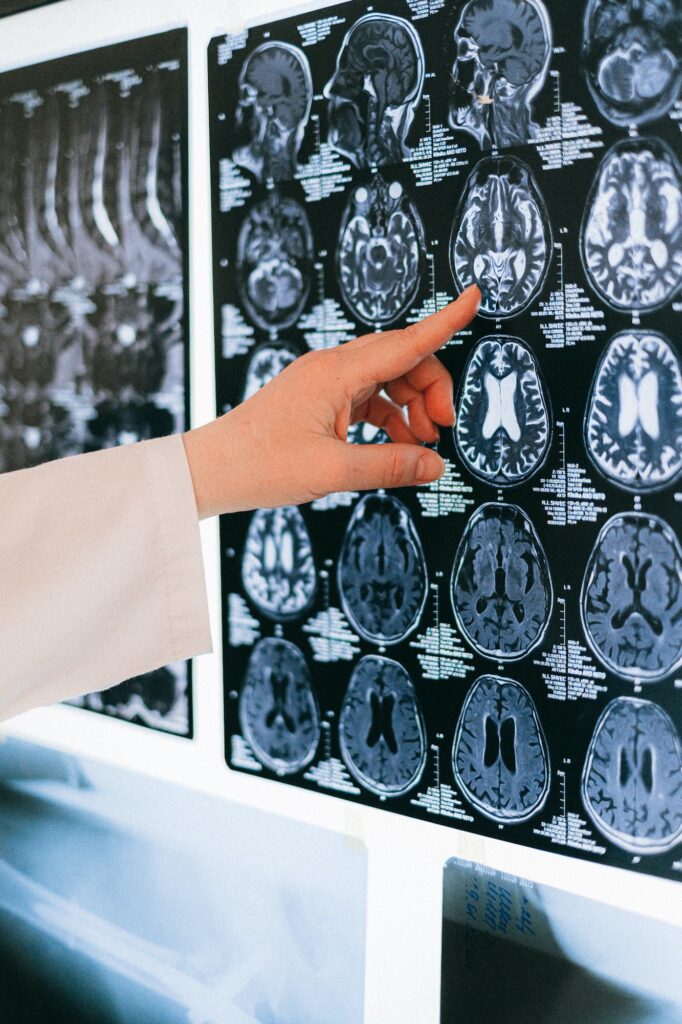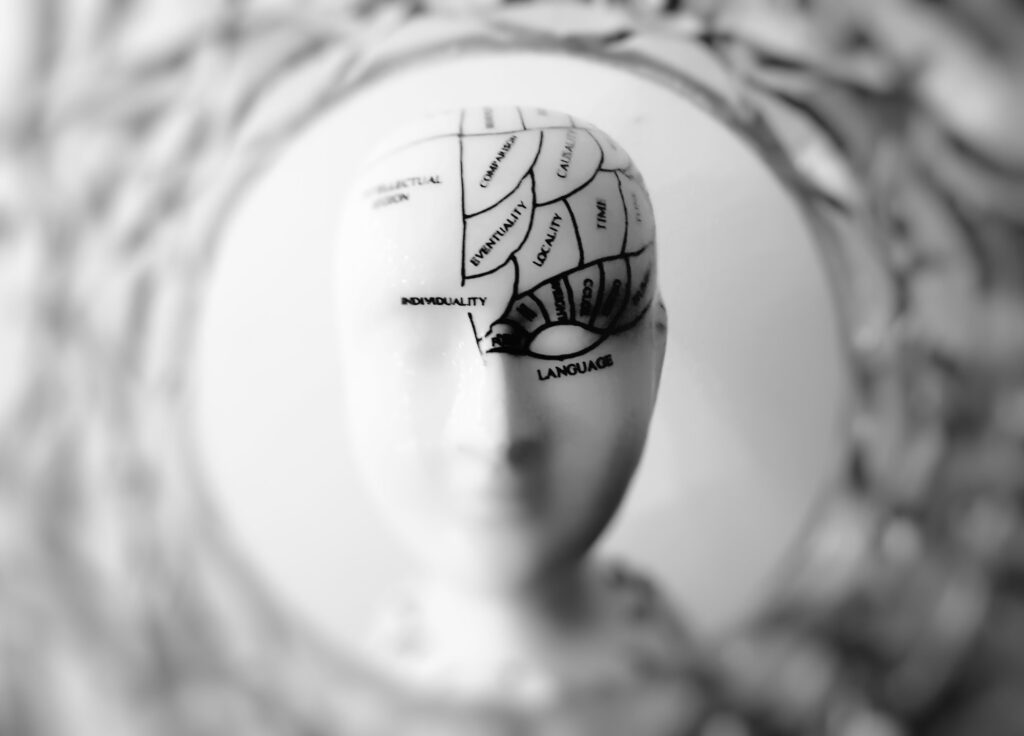3 Reasons Why Neuroscience Psychology Is Important
Neuroscience is the structure and function of the human brain and the nervous system. Neuroscientists use cellular and molecular biology, anatomy and physiology, human behaviour and cognitions which help to map the brain at a mechanistic level.
With the importance of neuroscience comes a psychological aspect in neuroscience psychology. To better understand how our brain and nervous system play a part in affecting our behaviours in relation to psychology we’ll explore 3 main points.
Related Read;
- How To Use Reverse Psychology In 4 Easy Steps
- What Is Dualism?
- 3 Things That Can Impact Your Mental Health
- 7 Different Effects of Reactive Psychology
3 Reasons Why Neuroscience Psychology Is Important
Neuroscience and understanding the mind and brain
Brains are similar to computers, they are hard-wired with neutral connections. The connections link together as various lobes and also to link sensory input and motor output with the brain’s messaging centre which allows information to be sent out, received and processed.
What happens when the wiring is damaged? This is where neuroscience psychology comes into play. As new developments in brain scanning allow researchers to see more detailed images, psychologists can help in the repair work of connecting broken links in terms of motor skills and cognitive behaviour, and with this help, surgeons like dr timothy steel can then also perform a specific surgery to potentially fix the neurological issue.
External vs Internal
There are many external factors such as the environment, upbringing, other’s views and opinions and relationships which affect a person’s behaviour and cognitive function. However how many times are internal factors such as the brain and nervous system taken into account?
Today psychologists and medical researchers look at several aspects when they are evaluating what affect individuals mentally.
We discussed in a previous article about duality and how for years the body and mind being considered separate, scientists now have the understanding that the structure of the brain and it’s functions relate to very specific ways in which our minds process different pieces of information.
It is thought that the human brain processes over 1million pieces of information every single second and the average person has over 60,000 thoughts a day.
Neuroscience Psychology
Neuroscience psychology is a deeper understanding that deals with how biological and chemical processes allow the brain and nervous system to function. This science shows that brain activity is intertwined with both our behaviour and mental processes.
As the brain is such a complex organ it controls all of the functions of the body as well as the nervous system which communicates with one and another to help the body function.
As the nervous system impacts responses to both internal and external stimuli, any abnormality can have a negative effect on one’s wellbeing.
Why Is Neuroscience Psychology Helpful?
If the central nervous system cannot function properly it may result in changes in responses and/or altered behaviour. It is necessary to identify how the nervous system can trigger some emotional responses, through the help of doctors and psychologists underlying issues that can help to reduce or prevent some issues can be identified.
The ‘how’ is the most significant contribution of neuroscience psychology. This discovery has helped psychologists to understand the development of our brains in terms of environmental and behavioural factors.
In this section of psychology, there has also been evidence that neuroscience can help detect mental health problems before any symptoms have surfaced.
Activity patterns in young children can be identified which will show up in later life behaviour, meaning cognitive issues such as learning disorders can be identified before they become too disruptive.
Neuroscience psychology and science
Neuroscience psychology integrates many disciplines which include psychology, biology, chemistry and physics. Through studying the nervous system, neuroscience psychology is able to add knowledge about human thoughts and emotions as well as behaviour.
Experts in this field focus their research on understanding brain disorders, injuries and deficits. Due to this, there is now an understanding of how psychological processes relate to the structure and system of the brain and the inseparable connections between brain function and cognitive function.
Do you have any thoughts about neuroscience psychology? We would love to hear them in the comments section below. As always, if you have found this article of any value we would love for you to ‘Pin It’ on Pinterest and share with your friends and family across social media and beyond!










